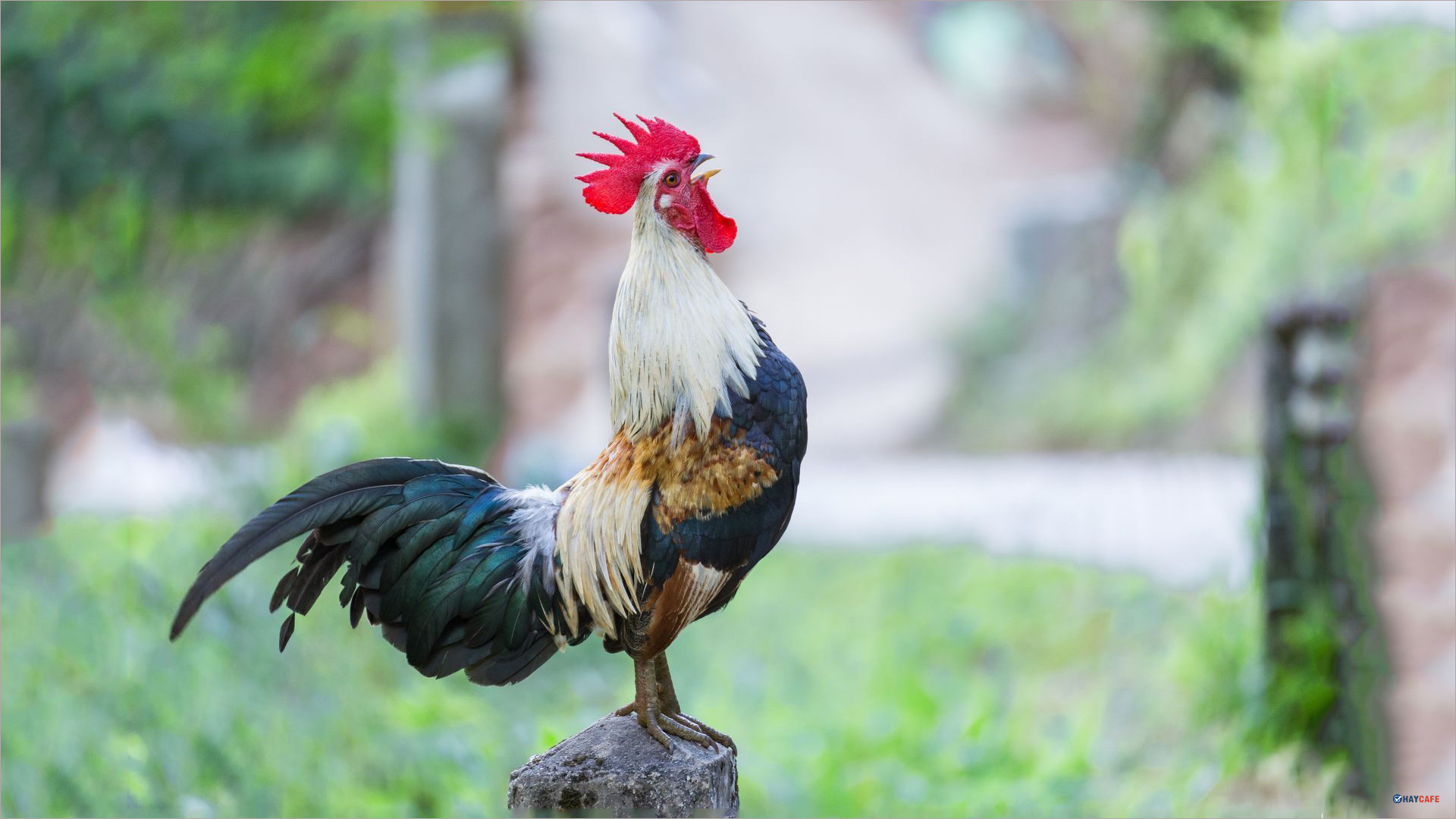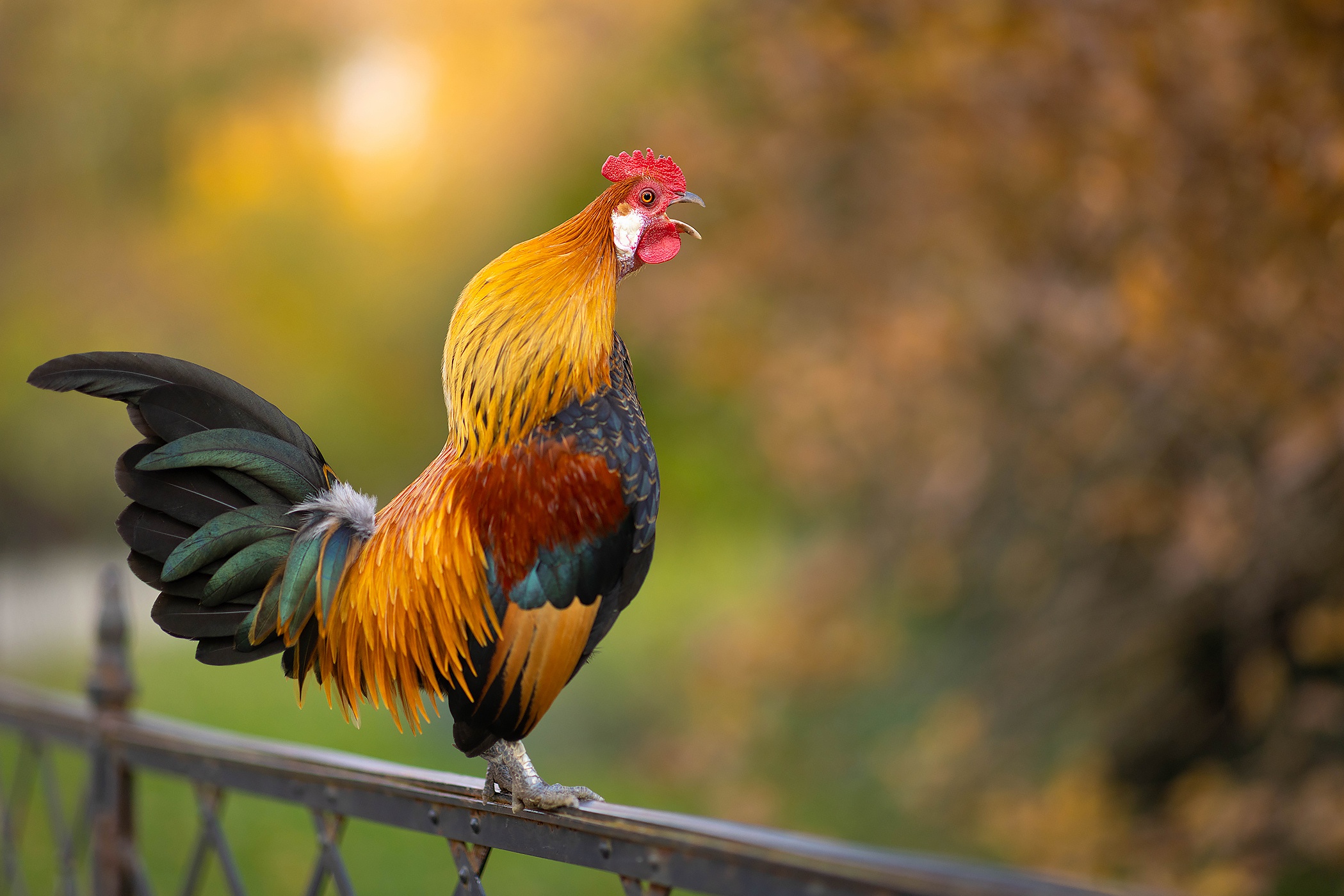Blog
Empowering the Chicken Farmer Flock Boss
In the realm of agriculture, few professions are as nurturing and rewarding as that of a Chicken Farmer Flock Boss. These dedicated individuals not only manage the welfare of thousands of chickens but also guide their teams with expertise in animal husbandry and business savvy. Their role is pivotal in supplying nutritious food to communities while ensuring ethical farming practices are upheld. As we delve deeper into what it means to be a Chicken Farmer Flock Boss, we will explore the challenges they face, the skills required, and how they can empower themselves and their flock for a sustainable future.
Understanding the Role of a Chicken Farmer Flock Boss
The role of a Chicken Farmer Flock Boss extends beyond mere oversight; it embodies leadership, innovation, and a commitment to animal welfare. This section examines the multifaceted responsibilities of these farm leaders, from managing daily operations to ensuring the health and productivity of their flocks.
>>> Buy now: Chicken Farmer Flock Boss – Copy Pullover Hoodie
The Daily Operations of Chicken Farming
Every day presents unique challenges and opportunities for a Chicken Farmer Flock Boss.
From the crack of dawn, the day begins with assessing the health of the flock. Each chicken must be observed for signs of illness or discomfort. This keen eye ensures that any potential issues can be addressed promptly before they escalate into larger problems.
Additionally, the daily tasks include feeding, watering, and maintaining the cleanliness of the coops. A well-organized schedule is essential for efficiency, as time spent on these activities directly affects the overall productivity and well-being of the birds.
Moreover, farmers must ensure that the flock has adequate space to roam and engage in natural behaviors, which not only enhances their quality of life but also improves egg production and meat quality.
Leadership and Team Management
A Chicken Farmer Flock Boss is essentially the captain of the ship, steering their team towards success.
Effective leadership involves clear communication, setting expectations, and providing training to staff members. This creates a cohesive work environment where every person understands their role in contributing to the flock’s health and productivity.
Moreover, fostering a culture of respect and teamwork enhances morale, leading to greater job satisfaction and retention. Empowered employees are more likely to share innovative ideas that can improve operations, such as adopting new technologies or sustainable practices.
Finally, a Chicken Farmer Flock Boss must be adaptable. The agricultural landscape is always changing due to market fluctuations, environmental factors, and consumer preferences. Being open to change and willing to pivot strategies is vital for long-term success.
Incorporating Technology in Chicken Farming
Modern chicken farming increasingly relies on technology to streamline processes and enhance productivity.
From automated feeding systems to climate control within poultry houses, technology plays a significant role in improving the welfare of chickens. For example, sensors can monitor temperature and humidity levels, ensuring optimal living conditions.
In addition, data analytics allows farmers to track growth rates, feed conversion ratios, and health trends over time. These insights enable informed decision-making regarding breeding, nutrition, and overall management practices.
As a Chicken Farmer Flock Boss, embracing technological advancements can lead to improved productivity and reduced labor costs, ultimately benefiting both the farmer and the flock.
Challenges Faced by Chicken Farmer Flock Bosses
While being a Chicken Farmer Flock Boss is fulfilling, it is not without its challenges. This section discusses some common obstacles that these professionals encounter and provides insights on overcoming them.
Economic Pressures in the Poultry Industry
The poultry industry is subject to fluctuating market prices influenced by supply and demand dynamics.
Chicken Farmer Flock Bosses often find themselves navigating economic pressures that affect their bottom line. In times of oversupply, prices may plummet, making it difficult to cover operational costs.
To mitigate this risk, diversifying revenue streams can be beneficial. Farmers might consider value-added products such as organic eggs or specialty meats that cater to niche markets. By developing relationships with local retailers and restaurants, they can secure better pricing and reduce reliance on larger distributors.
Additionally, maintaining a strong financial acumen is vital. Budgeting effectively and monitoring expenses allow farmers to identify areas for improvement and ensure sustainability in their operations.
Health Issues within the Flock
Maintaining the health of a flock is one of the most critical responsibilities of a Chicken Farmer Flock Boss.
Disease outbreaks can have devastating effects on both the flock and the farmer’s livelihood. Common illnesses like avian influenza or Newcastle disease require rapid response and containment measures to prevent widespread transmission.
Implementing biosecurity protocols is essential to minimize risks. This includes restricting access to the farm, sanitizing equipment, and ensuring that all personnel follow strict hygiene practices.
Furthermore, regular veterinary check-ups and vaccinations play a crucial role in maintaining flock health. Investing in preventive care can save considerable costs down the line, as treating sick birds can be both financially burdensome and emotionally taxing.
Environmental Concerns and Sustainability Practices
With growing awareness about environmental impacts, Chicken Farmer Flock Bosses must consider their farming practices’ sustainability.
Issues such as waste management, water usage, and carbon footprint are increasingly under scrutiny from consumers and regulatory bodies alike. Implementing environmentally friendly practices not only mitigates negative impacts but can also enhance the farm’s reputation and marketability.
For instance, using composting methods to manage chicken manure can enrich soil health and reduce greenhouse gas emissions. Additionally, water conservation techniques can lower operational costs and preserve vital resources.
By prioritizing sustainability, Chicken Farmer Flock Bosses contribute positively to their communities while ensuring the long-term viability of their farms.
The Future of Chicken Farming: Trends and Innovations
The poultry industry is on the cusp of transformation, driven by technological advancements and changing consumer preferences. This section explores emerging trends that will shape the future of chicken farming and the role of the Chicken Farmer Flock Boss in adapting to these changes.
Emphasis on Animal Welfare
Consumer awareness surrounding animal welfare continues to rise, prompting farms to adopt more humane practices.
As a Chicken Farmer Flock Boss, prioritizing the well-being of the flock is not just an ethical responsibility but also a strategic business move. Shoppers are willing to pay a premium for products labeled as “humanely raised” or “cage-free.”
This shift encourages farmers to invest in dynamic housing systems that allow chickens to exhibit natural behaviors, such as roaming and nesting. By enhancing living conditions, farmers can improve both the quality of life for their birds and the quality of the end product.
Transparency is also key. Sharing information about animal care practices through marketing efforts can build trust with consumers, thereby driving sales.
Technological Advancements in Poultry Farming
Innovation is at the forefront of modern chicken farming, with new technologies revolutionizing traditional practices.
Artificial intelligence and machine learning are becoming integral in predicting flock performance and optimizing feed conversion rates. These technologies analyze vast amounts of data, allowing farmers to make informed decisions about breeding, health management, and resource allocation.
Furthermore, advancements in genetics enable farmers to breed chickens that are resilient to diseases and have higher growth rates. This not only enhances productivity but also reduces reliance on antibiotics, aligning with consumer demands for healthier food options.
As a Chicken Farmer Flock Boss, staying abreast of these trends ensures competitiveness in the evolving marketplace.
Sustainable Practices and Circular Economy
The concept of a circular economy is gaining traction across various industries, including poultry farming.
This model focuses on minimizing waste and maximizing resource utilization. For Chicken Farmer Flock Bosses, this could involve utilizing leftover feed as compost or integrating crop and livestock production to create a closed-loop system.
Adopting such practices not only reduces costs but can also pave the way for certifications that appeal to environmentally conscious consumers.
Additionally, exploring partnerships with local farms or businesses to share resources or implement collective sustainability initiatives can strengthen community ties and foster innovation.
>>> Read more: Afghan Hound vs Purple Wolf Dog Which Is Better As A Pet
Empowering the Chicken Farmer Flock Boss is essential for the advancement of sustainable and ethical poultry farming. By understanding the depth of their roles, embracing challenges, and leveraging future trends, these leaders can ensure the well-being of their flocks and thrive in a competitive market. Through continuous education, innovation, and a commitment to both animals and the environment, the Chicken Farmer Flock Boss stands poised to shape the future of the poultry industry, turning challenges into opportunities for growth and success. Their dedication not only nourishes our communities but also contributes to a more sustainable world for generations to come.


